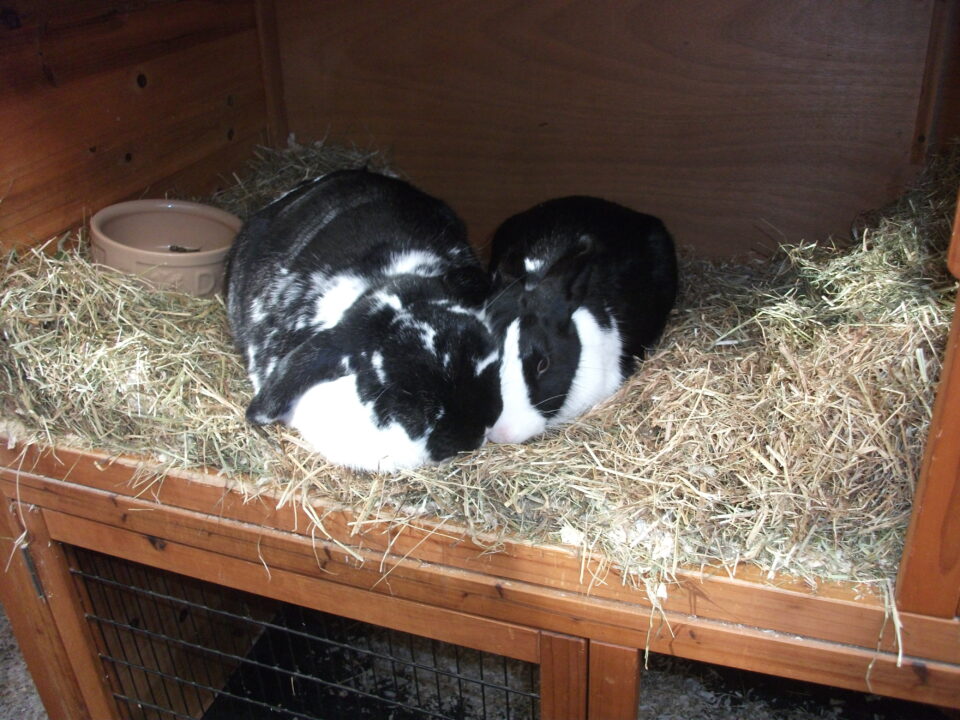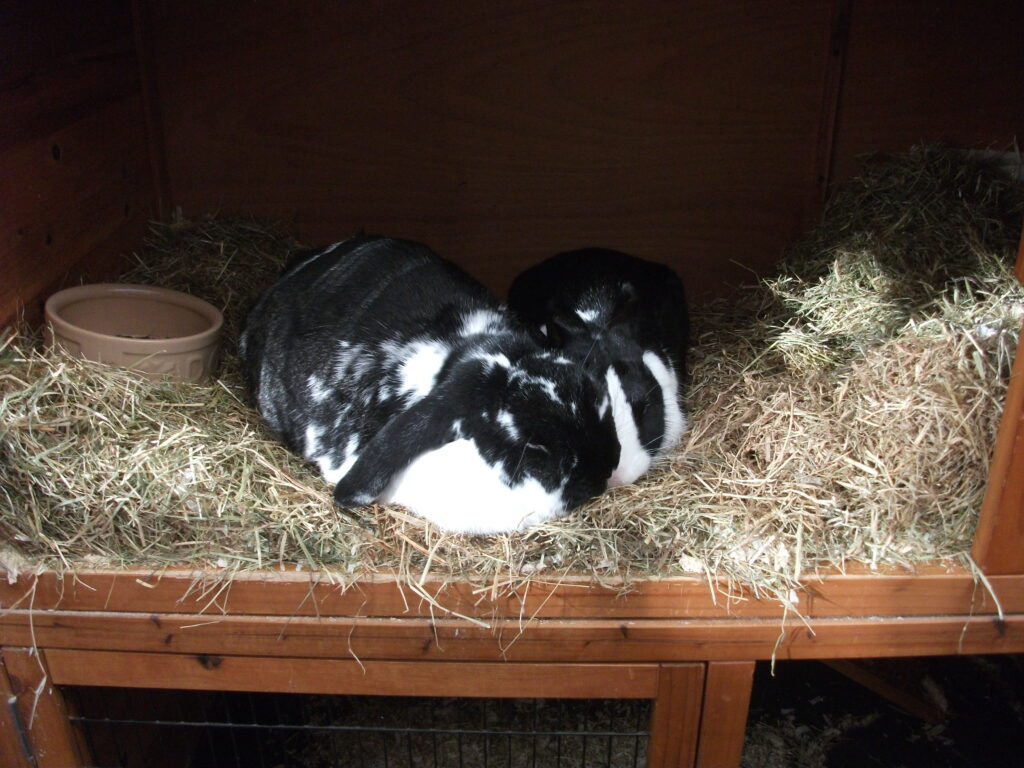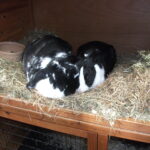To Cherish All Creatures – Big And Small
Why They All Matter
Mark Stewart has written another beautiful article for A Beating Heart about why the lives of “all” animals are important. Where have all the animals gone? In fact – we have hidden them away or hunted them to extinction. Is this really kind of world we want? Read Mark’s heartfelt article below.
To Cherish All Creatures – Big And Small
By
Mark Stewart

Shortly before Christmas we adopted a young Dutch rabbit as a companion to our existing Lop eared bunny, thus giving a home to another creature in need. “So what?” many people might ask? “It’s only a rabbit.” And, after all, rabbits (amongst the most defenceless of all animals) have been trapped, shot, skinned and eaten by humans for centuries.
True enough, it is only a rabbit. But, at the very least, and amongst many other similarities, it is also a fellow mammal. It therefore has a central nervous system much like our own. This in turn means that it can feel pain. And as anyone who has ever kept a rabbit will know, these sensitive animals can experience familiar emotions such as fear and anxiety. They also make it very clear when they are happy!
The human-centric notion that small animals simply don’t count is not only a failure of ethical reasoning (for surely all life counts); it also paves the way for saying that no animal is worthy of humane treatment. Big or small, all creatures matter. The alternative is a world in which thoughtless cruelty is commonplace, a world in which animals are kept in cages and used for experimentation and vivisection, or put on display for “entertainment.” Or simply neglected and left to die in isolation. A world in which animals are farmed under the most appalling conditions. A world in fact identical to our own.
So it matters whether a rabbit has a hutch and a run to live and play in, and that it enjoys a social environment with others of the same species. Just as it matters that the mega-fauna – the creatures that are edging ever closer to extinction, such as the elephant and the rhino – have similar freedoms and, dare one say, rights. Take away those freedoms and rights and animals simply become commodities, units to be bought and sold and profited from. And how can such profiteering not make the world a darker, colder place?
On a recent business trip undertaken by rail I found myself staring at the countryside from a train window, looking at empty fields and wondering where all the animals had gone. I realised with a shudder that the majority were being kept in captivity away from human eyes, in industrialised sheds and barns where they were living an existence defined by captivity, pain and an early death. And all this was being done in my name as a member of a modern consumer society, as someone who shops at a supermarket for meat, milk and eggs. It was not long after this that I became a vegetarian. I will never again put meat on my fork.
Too often the last thing an animal sees is a human being in a white coat or a worker on a farm or in an abattoir. What must they think of us, their captors and abusers? One day they may look at us without fear in their eyes, without flinching from us. But that day can only come when all the cages are empty and all the abattoirs are closed. On a world which understands the value of all animals, big and small.
Mark Stewart
January 2014



